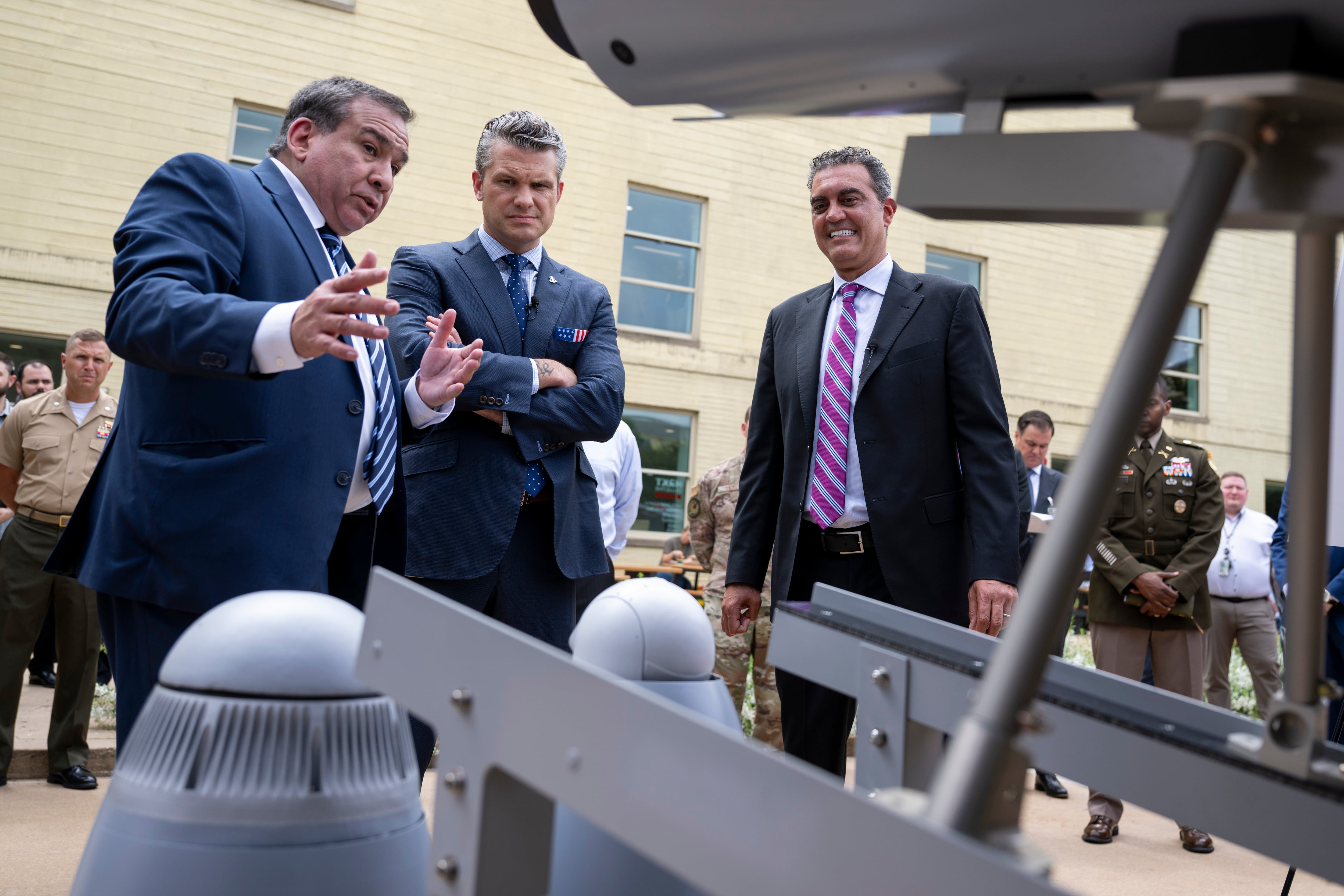WASHINGTON — The deputy chief of naval operations for information warfare recently warned sailors and other military officials they are marks for hacking attempts, especially at a time of international hostilities.
“Cyberattacks against businesses and U.S. infrastructure are increasing in frequency and complexity,” Navy Vice Adm. Jeffrey Trussler said in an unclassified memo, dated February. “DoD and federal law enforcement report adversary interest in our remote work infrastructure. This means that you are a target — for your access and your information.”
Hackers have exploited mistakes on Navy and private, at-home networks by stealing or guessing weak passwords and other credentials, furtively installing malware, and posing as service members or veterans to pry information out of people, according to the message.
“With heightened tensions throughout the world, ensure your team understands how the actions of a single user can impact our global force,” said Trussler.
The memo arrived amid an avalanche of cyberattacks in Ukraine and as Russia again pressed its western neighbor. Distributed denial of service attacks, which rely on overwhelming traffic to render something useless, paralyzed Ukrainian websites throughout January and February.
The White House National Security Council has blamed some of the attacks on the GRU, a Russian intelligence agency. Moscow has denied responsibility; the Russian Embassy in the U.S. on Feb. 18 said Russia “has never conducted and does not conduct any ‘malicious’ operations in cyberspace.”
While Ukraine was not specifically mentioned in the February memo, a long-term strategy for competition with Russia and China was.
Trussler has stated the Navy is investing in cyber, and last year said “cyber protection and operations” must be “culturally embedded in everything we do, and that will take a bit of education.”
“I think we have to get better at partnerships and putting creative teams together to test systems in order to tell you what’s safe and what’s vulnerable, using people who are capable of thinking like the adversary,” he said at the Sea-Air-Space 2021 conference, according to a Navy narrative.
Colin Demarest was a reporter at C4ISRNET, where he covered military networks, cyber and IT. Colin had previously covered the Department of Energy and its National Nuclear Security Administration — namely Cold War cleanup and nuclear weapons development — for a daily newspaper in South Carolina. Colin is also an award-winning photographer.








